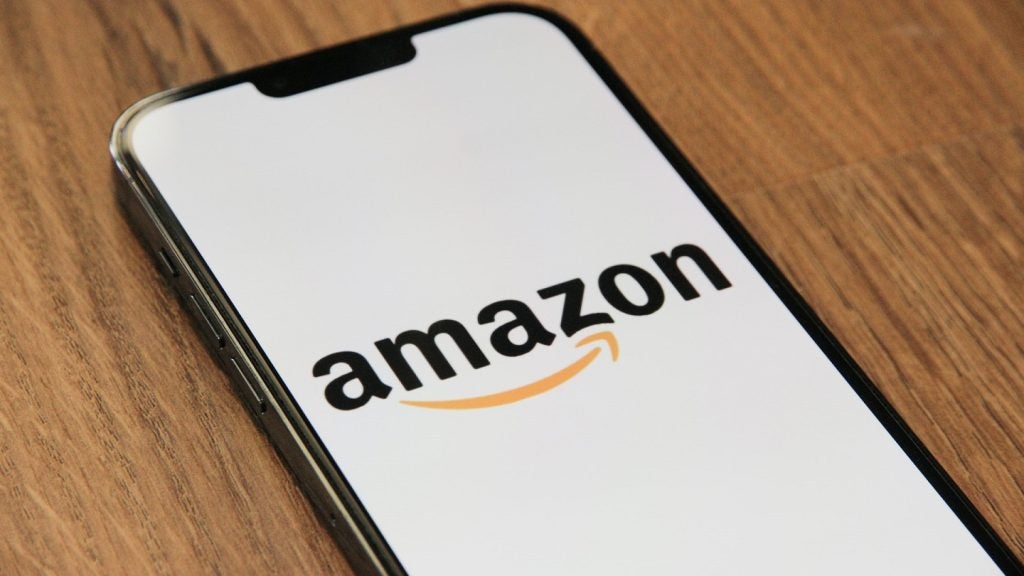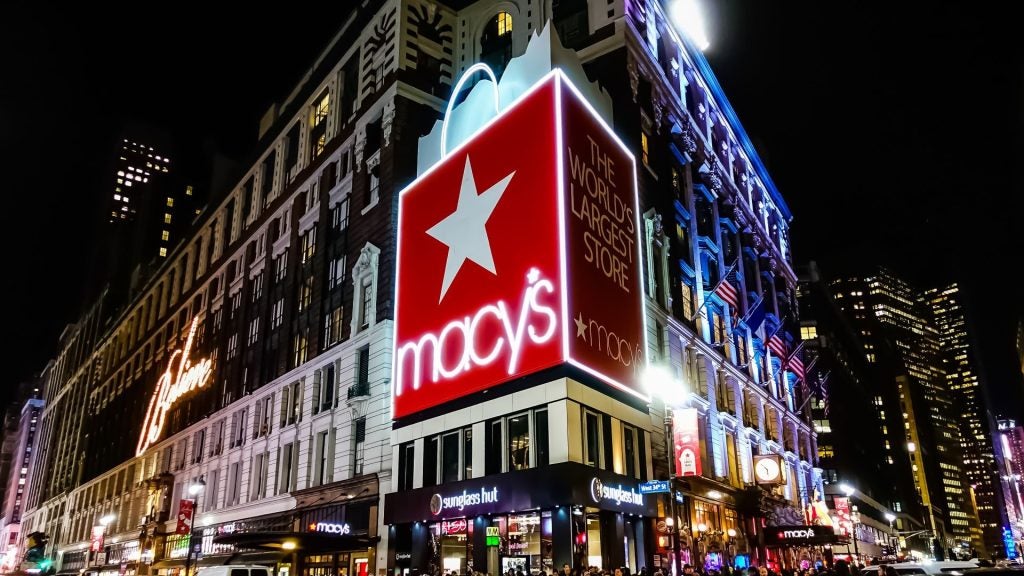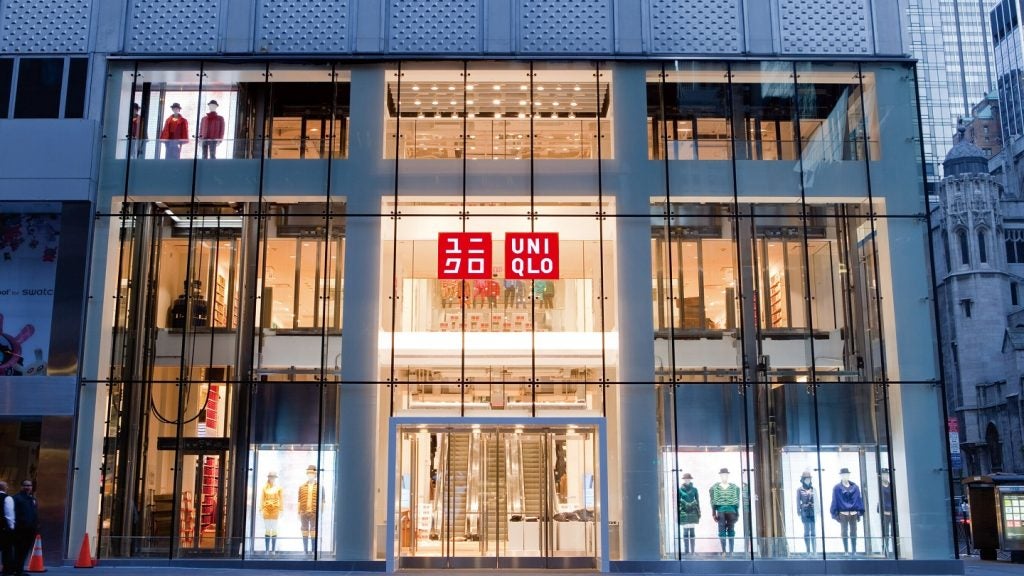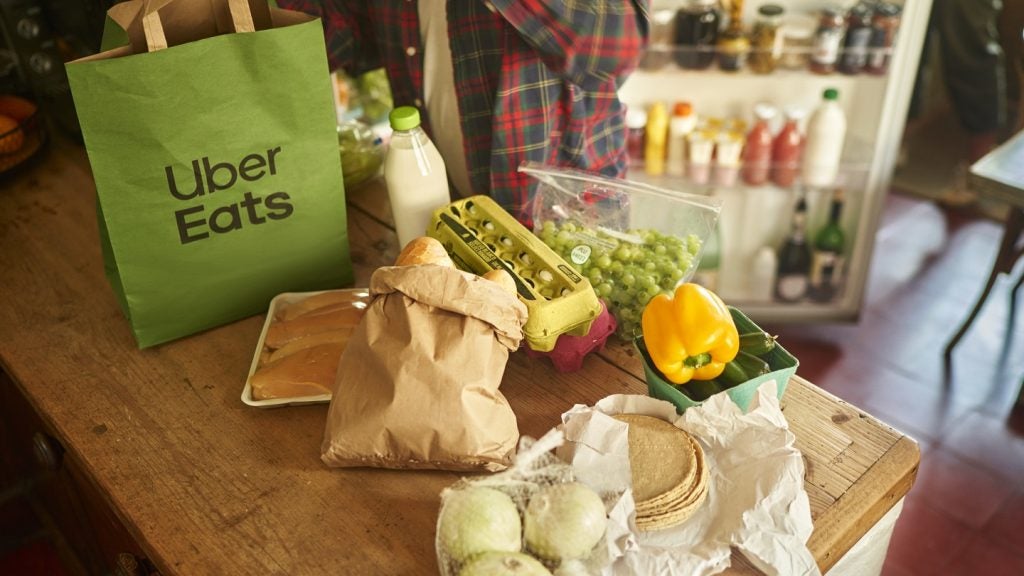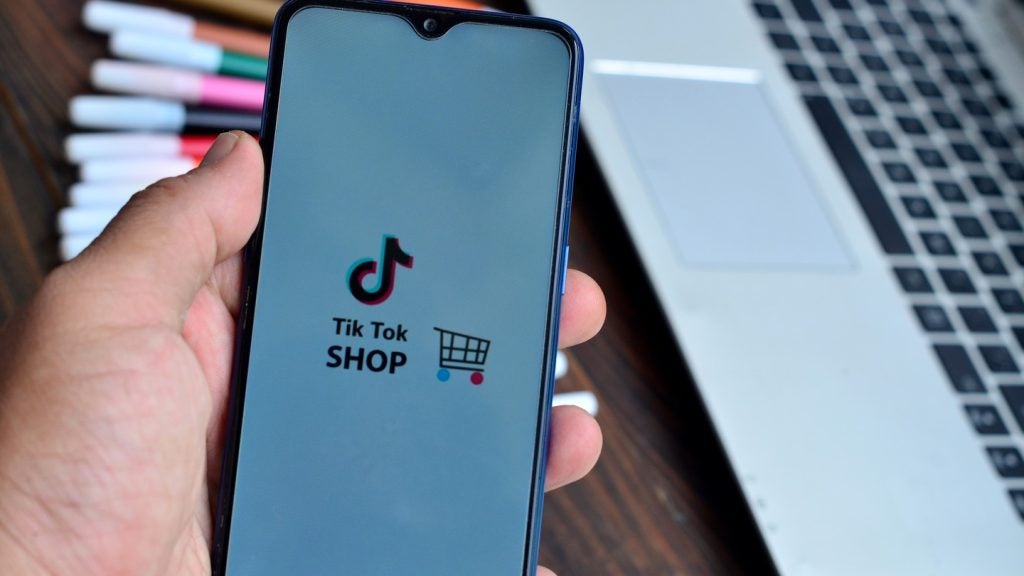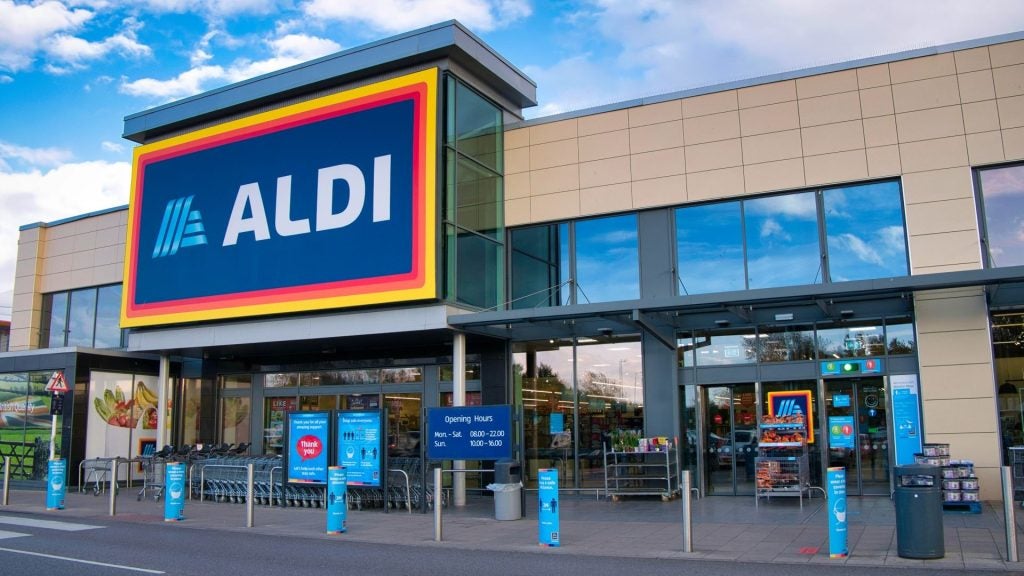Consumer card spending in November 2023 experienced a 2.9% growth compared to the same period last year. Although this growth is less than the latest inflation rate of 4.7%, it surpassed October's 2.6% increase.
Brits' confidence in spending on non-essential items reached 56%, the highest level since April. The high street benefited from Black Friday sales and the arrival of cold weather, motivating shoppers to update their winter wardrobes.
In contrast, spending on essential items increased by 3.3%, a slight dip from October's 3.9%. Decreased fuel spending, notably due to lower petrol and diesel prices (-10.9%), played a role.
Supermarket growth also slowed (5.0% versus 5.2%) as shoppers sought ways to cut grocery bills, with 50% using vouchers and 49% opting for budget or own-brand goods.
Shoppers anticipate spending an average of £105.43 more on Christmas this year. Rising costs and 'shrinkflation' contribute, with 60% noticing smaller sizes at the same cost.
Shrinkflation affects items such as chocolates (36%), biscuits (28%), cheese (15%), mince pies (14%), and Christmas cakes (13%).
Black Friday boosts non-essential spending
Spending on non-essential items increased by 2.7% in November, exceeding October's 2.0%. The retail sector benefited from early Black Friday sales and seasonal weather changes.
Clothing retailers (2.8%) and department stores (5.0%) experienced notable increases as shoppers seized promotional sales opportunities.
Despite a slight decline (-0.6%) in Black Friday transaction volumes compared to 2022, Black Friday wasn't the busiest shopping day in November. 'Super Sunday' surpassed Black Friday by 13.5%, emphasising the evolving nature of shopping patterns.
Brits actively seek deals, with 59% doing so due to rising costs, and 56% using loyalty programmes for discounts.
Travel sector sustains double-digit growth
The travel sector continued its robust performance in November, registering double-digit growth for 11 out of the last 12 months. Both travel agents (9.2%) and airlines (14.0%) experienced significant upticks.
The trend, dubbed 'revenge spending,' stems from 19% of consumers planning more holidays in 2024 to make up for trips missed during lockdowns.
Esme Harwood, director at Barclays, said: "November marked a turning point for consumer sentiment, with Brits feeling less concerned about defining issues such as inflation, interest rates, and food prices. This optimism, coupled with increased spending, sets a cautiously optimistic tone for the upcoming Christmas and New Year."
Jack Meaning, UK chief economist at Barclays, added: "Consumer spending growth, while still below inflation, shows a narrowing gap. As shoppers overcome unseasonal weather and indulge in festive purchases, the key question remains about sustained spending in 2024 beyond the holiday season."




